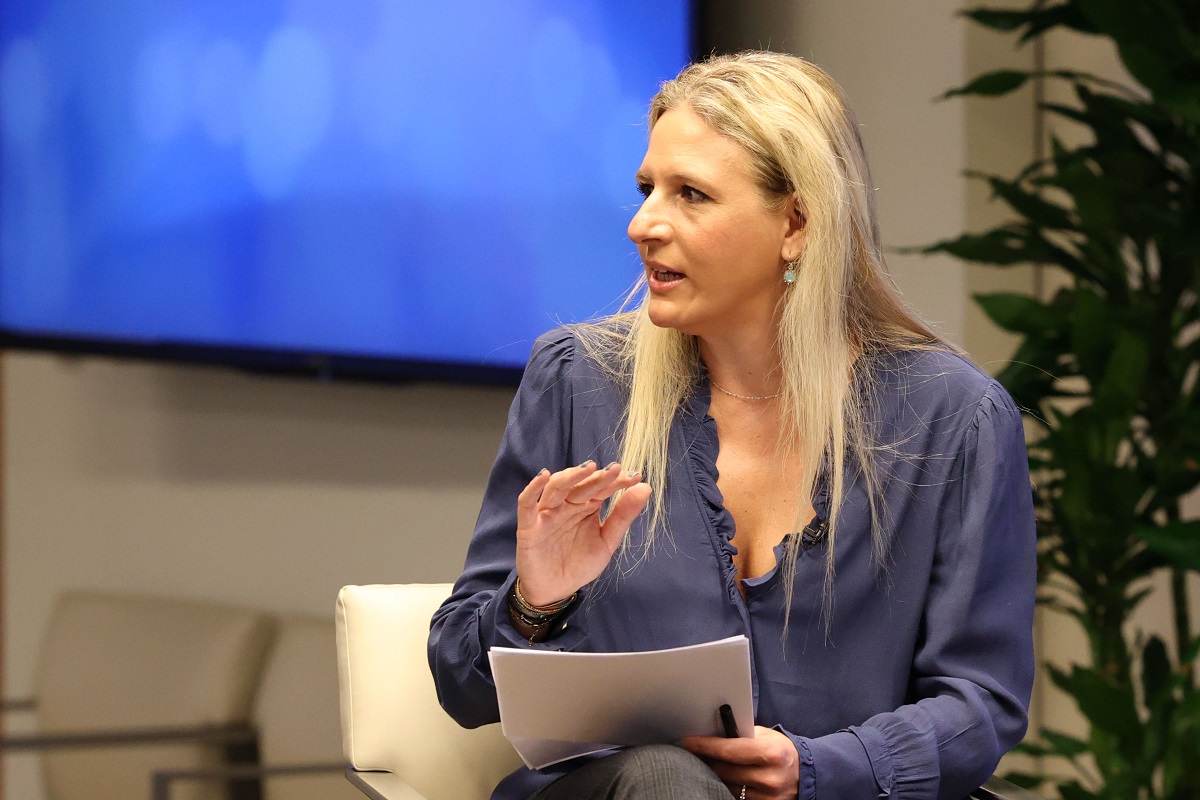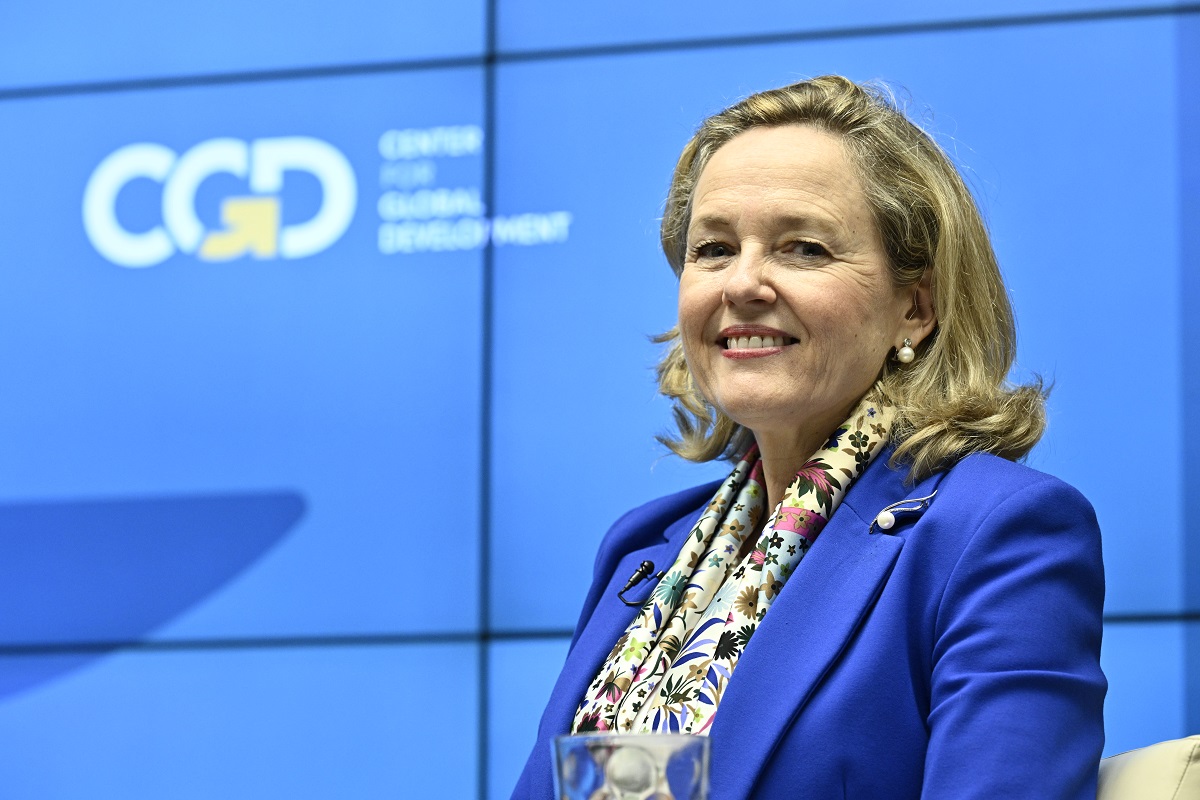Each year, CGD’s Commitment to Development Index (CDI) rates 27 of the world‘s richest countries on their commitment to sustainable and fair policies towards poorer countries. In 2016, Finland topped the table, with the highest Index score, while Germany, this year’s G20 chair and the third largest economy that the CDI measures lies barely above the middle of the table (the larger economies, Japan and the US, rank even lower). This blog, translated and adapted from a version written for German think tank DIE, looks at why Germany’s performance is only mediocre, why the Finns do so much better, and how Germany’s policies could become more coherent, sustainable and fair.
Like the Sustainable Development Goals (SDGs), the CDI assesses several different policy fields. The CDI project team evaluates institutional commitments, policies and actual outcomes of public actions not only in aid, but also in security, environment, finance, trade, migration and technology.
Learning from the Nordics
In the latest edition of the CDI, Germany is only mid-table (position 15 out of 27). A Nordic trio leads the CDI 2016: the leader in sustainable and development friendly policies is Finland, followed by Denmark and Sweden. France ranks 4th and Portugal completes the top 5. However, with the CDI, the Center for Global Development is not pointing the finger at certain states nor intending to name and shame. Rather, we want to encourage discussions and enable mutual learning. Below, based on two distinct policy fields, we look at where Germany could learn from leader Finland but also where Finnish policy makers get inspiration from their German counterparts. The following two graphs illustrate where Germany and Finland have relative deficits and strengths.

The graphs above illustrate Germany and Finland’s respective performance in each policy field (coloured bars) as well as overall (black bar). The stars show us the leader in each policy field and how much potential for better policies in comparison to the leaders still exists (space between the bars and the stars).
Germany’s comparatively weakest policy fields are finance (position 25 out of 27) and security (22 out of 27). Its strongest performance is in migration (6th of 27) and environment (9th of 27).
Germany’s dual-natured openness: migration vs. finance
Not surprisingly, Germany’s humanitarian migration policy could inspire many other CDI-states, such as overall leader Finland, which has its weakest performance in migration (rank 16). Germany’s openness to migrants has attracted new interest, especially since the summer of 2015 in relation to the vast inflow of people from the Middle East and North Africa. However, our data for the composition of the CDI 2016 placing Germany sixth in migration originates from 2014 and does not yet reflect that period.
Germany also deserves praise for the design of its integration policies as reflected by the MIPEX Index. This Index, which is included in the CDI migration component, scores the rights of migrants in each of the CDI states in eight different policy areas and is a good proxy for how states promote the integration of migrants. Although Germany’s integration policies are not the friendliest overall (Sweden and Portugal are top) they improved significantly, whereas in many other European states policies have become less accommodating.
As illustrated by the length of the orange bar, Germany receives a relatively low score for its financial policies. Its position in the finance component (position 25—only Ireland and Switzerland have financial policies which are even less development-friendly) is mainly due to the design of policies aimed at the financial sector. In the CDI, we measure the finance component in two equally weighted subcomponents; the transparency of the financial sector and the strength of the international investment policies of each country.
The first subcomponent (financial transparency) reflects the results of the Financial Secrecy Index (FSI) of the independent organisation «Tax Justice Network». Their verdict is mixed: the current design of German financial policies enables and facilitates illegal financial transactions. Despite recent progress in new commitments to international anti-money laundering frameworks and obligations, the German financial sector is still too open to illicit financial flows, un-transparent financial and secrecy instruments.
On the second subcomponent, the German government could enhance its standing by making its international investment agreements (IIA) with developing countries more well-rounded. In this area, Germany could learn a lot from CDI-leader Finland which has the most development-friendly finance policies. Investment agreements with developing countries should go beyond safeguarding the interests of investors from unjustified interventions by foreign states as, in most cases, investment agreements with poorer countries contain an inherent power imbalance. In the CDI, we therefore reward countries such as Finland whose IIAs strengthen poorer states’ public policies like labour and environment standards.
Finland demonstrates that it is possible to conclude equally profitable, lucrative and at the same time sustainable investment agreements that incorporate the interests of both parties and societies. Promoting compliance with environment standards and employment rights abroad generates not only a sustainable social and economic benefit in developing countries.
The CDI: a valuable tool to highlight mutual benefits of sustainable development
The example of the fair and, at the same time, profitable Finnish investment policy demonstrates that thorough and development-friendly policy-making can support and benefit us all: when poor countries move up the global value chain in the longer term, this will also benefit us by smoothing access to new consumers for our products and services, and protect the global environment. In addition, with so much scepticism in developed countries over the value of globalisation, the example of investment agreements shows how—by using the principle of sustainable development—the benefits of global prosperity can be shared between rich and poor alike. We need to get better at highlighting the sustainability of global and fair policies for the good of us all.
These mutual benefits are at the heart of sustainable development—and, as with the SDGs, Germany and other countries can use the Commitment to Development Index to understand opportunities in a coherent framework.
Disclaimer
CGD blog posts reflect the views of the authors, drawing on prior research and experience in their areas of expertise. CGD is a nonpartisan, independent organization and does not take institutional positions.





